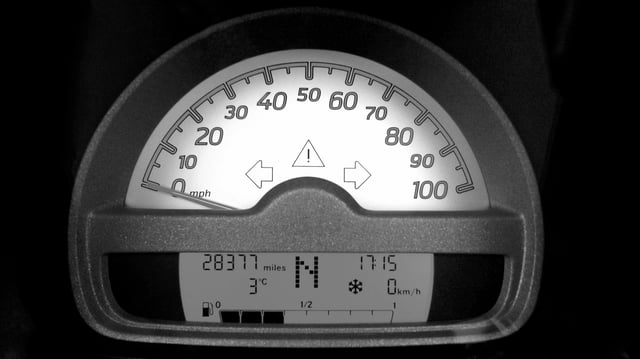BLOG
Mileage rates for landlords

In preparation for the introduction of digital recording and reporting, landlords with unincorporated property businesses have been able to benefit from a number of simplifications, including cash basis accounting. A further simplification was announced at the time of the Autumn 2017 Budget, which will allow landlords to use mileage rates to calculate a deduction for motoring expenses.
Who can benefit?
The option to use mileage rate is only open to individuals and partnerships comprised only of individuals running property businesses who use cars, goods vehicles, or motorcycles for business purposes. Corporate landlords and partnerships with corporate partnerships cannot claim deductions based on mileage rate.
The use of mileage rates is an alternative to claiming capital allowances and a deduction for actual costs.
The opportunity for landlords to use mileage rates is not new – until 2013, landlords were able to use mileage rates by concession. However, since that date, unincorporated property businesses have only been able to deduct actual motoring expenses and claim capital allowances for the cost of the vehicle.
The rates
The mileage rates for landlords will be the same as those for traders claiming a fixed rate deduction.

Exclusions
In most cases, the option of using mileage rates will not be available in respect of a vehicle for which capital allowances have been claimed – it may therefore be a case of waiting until a new vehicle is acquired before switching over to using mileage rates rather than deducting actual costs.
However, transitional arrangements will apply where a qualifying landlord claimed capital allowances for a vehicle in the period 2013/14 to 2016/17 and wishes to start using mileage allowances from 2017/18 for the same vehicle. The transitional arrangements will enable mileage rates to be used, but will prevent further claims for capital allowances.
Example
James is a landlord with an unincorporated property business. He uses a car for 11,670 business miles in 2017/18. Capital allowances have not been claimed in respect of the vehicle and he decides to use mileage rates rather than actual expenses to claim a deduction when working out his taxable profit.
The permitted deduction is £4,917.50 ((10,000 miles @ 45p) + (1,670 miles @ 25p)).
If capital allowances plus a deduction for actual expenses give a greater deduction, the landlord will need to assess whether the time saving from using mileage rates is worthwhile.
Inform are here to help you so please contact us if you need further information on this or any other tax related matters.



.jpg?width=1500&height=1000&name=amy-hirschi-K0c8ko3e6AA-unsplash-(5).jpg)

